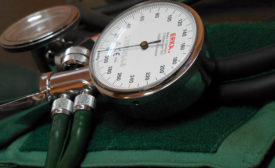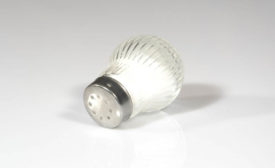Home » stroke risk
Articles Tagged with ''stroke risk''
Quitting daily aspirin therapy may increase risk of second heart attack
September 27, 2017
Become a Leader in Safety Culture
Build your knowledge with ISHN, covering key safety, health and industrial hygiene news, products, and trends.
JOIN TODAYCopyright ©2024. All Rights Reserved BNP Media.
Design, CMS, Hosting & Web Development :: ePublishing






